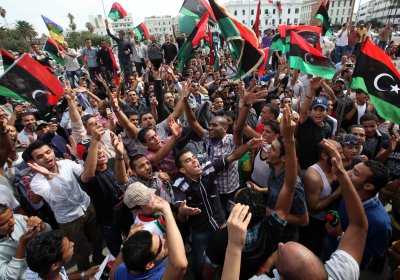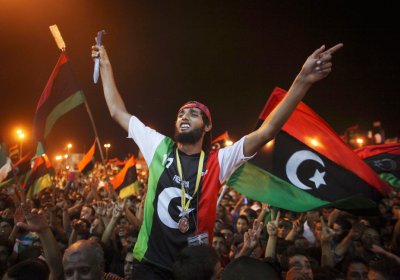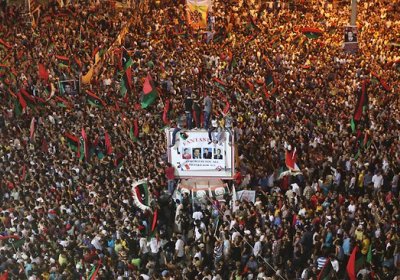John Pilger asks, isn’t it time those who are meant to keep the record straight declared their independence and decoded the propaganda?
Libya
This interview by John Pilger with Jullian Assange was filmed in the Embassy of Ecuador in London – where Assange is a political refugee – and broadcast on November 5. ***
John Pilger:
What’s the significance of the FBI's intervention in these last days of the U.S. election campaign, in the case against Hillary Clinton?
Julian Assange:
Tragic photos and videos of masses of asylum seekers and immigrants from the Middle East and Africa have recently shocked the world. But these ordeals have been going on for a long time.
Years of news of innocent people drowning by the thousands in the Mediterranean, suffocated by the hundreds in trucks smuggling them to “safe zones”, were not enough to catch the world’s attention.
About 800 refugees were drowned in the Mediterranean on April 18 when a boat carrying them from Libya, and trying to reach the south of Italy, capsized. Just three days earlier, more than 400 people drowned when another boat on the same route sank. Refugee deaths in the Mediterranean are rising sharply. “According to the UN and the International Organisation for Migration, 1,776 people are dead or missing so far this year, compared with 56 for the same period last year,” the April 24 Guardian reported.
There will be no tears for the end of the Gaddafi regime, if that is indeed what we are watching. The Gaddafi regime was a brutal dictatorship and it deserved to be overthrown just as much as that of Ben Ali’s in Tunisia or Mubarak’s in Egypt.
- Page 1
- Next page










